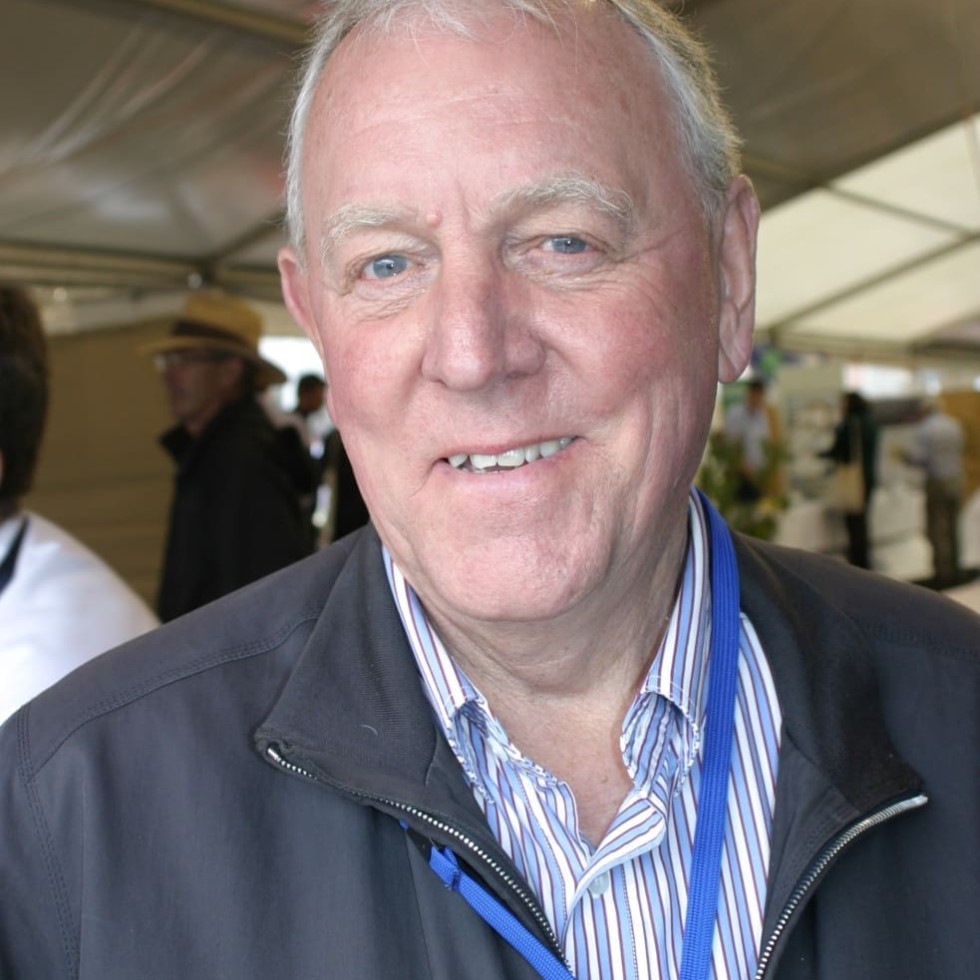A CALL for new research into meat processing and post-farmgate costs in the Australian beef industry won support at Hamilton's Meat Profit Day held yesterday.
Coleraine beef producer John Wyld said research in 1993 – outlined in Booz-Allen & Hamilton's much-quoted report “International Comparisons in The Meat Processing Industry” showed that Australia's meat processing cost structures were ‘out of whack’ with the rest of the world.
 "I think we are due for another round of research to show why we have to pay so much beyond the farmgate in Australia, compared with our competitors in Brazil, the US and elsewhere,” Mr Wyld said.
"I think we are due for another round of research to show why we have to pay so much beyond the farmgate in Australia, compared with our competitors in Brazil, the US and elsewhere,” Mr Wyld said.
"It's not all about processing, although our processing cost is three times as high as Brazil’s, and two-and-a-half times the cost in the US," he said.
"It's also about carbon taxes, fuel prices, regulatory burdens, it's about freight, fertilizer and it's about our high cost of delivering. I think what we have to try to identify where costs can be stripped out."
"I think it is time we knew the facts and see where the problems are, and then you can formulate a plan of where you should direct your energies."
Mr Wyld proposed that Meat & Livestock Australia do research to highlight these costs so producers could go to governments to seek urgent action to address this “serious problem."
"Otherwise we are all going to be out of business, regardless of all the work you and we do. We just can't survive on the current level of returns," he said.
MLA's general manager, global marketing Michael Edmonds agreed with the suggestion for post-farmgate research or benchmarking to help take costs out of the system.
"It's certainly something I am happy to feedback into Sydney,” Mr Edmonds said.
"The only ways we can make money is by getting consumers to pay more for our product or by finding a way to produce it more efficiently."
Mr Edmonds said MLA needed direction from the livestock peak councils – the Sheepmeat and Cattle Councils of Australia – on the need for processor or supply chain research, but it might be appropriate for other bodies to undertake the work. He doubted that analysis of supply chain sector returns would solve producers' concerns.
Mr Wyld said the Booz-Allen & Hamilton report had given industry lobby groups in 1993 a baseline to work from and he believed Australia's meat processors would support such benchmarking research.
He said the carbon tax had to be repealed because it meant Australia's major meat processors paid millions of dollars off their bottom lines towards the tax, while their international competitors did not.
"The fuel rebate is always under threat, though we already pay more for fuel than our competitors."
Record beef exports not helping producers
Colac beef producer Serge Beami supported more research on processing but he believed the returns of each supply chain sector needed to be more transparent and equitable. He said the record beef exports were not helping farmers.
"You can go out there and sell and sell and sell, but if it doesn't get back into my pocket it doesn't matter," he told MLA's chief economist Tim McRae.
Mr Beami said a major problem was that despite most farmers improving efficiency and productivity, their farmgate prices were not increasing. The record beef exports were not translating into better farmgate prices, he said.
"You can't keep suppliers – the producer – at the end of the chain being a price-taker forever.”
"We are still working with silo mentalities – retailer, processor, producer – we need to get them all into the room to say at least a base price."
Mr Beami was worried that most beef producers were becoming part-timers supported by off-farm work.
Mr Wyld said calls for MLA to identify the returns of each beef industry sector – farmer, processor, trader, exporter and retailer – implied somebody was making a "rip-off".
"I don't think they are – I think the costs right along the chain are too high and we get saddled with a bill for all that.”
"I don't think there is somebody making exorbitant profits at our expense."
Mr Wyld was formerly chairman of a cooperative VPC, but said history showed cooperatives did not perform well in Australia.
Thomas Foods International lamb supply chain co-ordinator David Rutley said it was always a good idea to do research to see if processing costs could be improved.
But he said trading systems research in terms of value-based marketing and continuous pricing might also be "a good way to go, for the benefit of the supply chain and everyone in it."



HAVE YOUR SAY